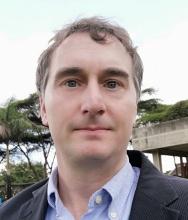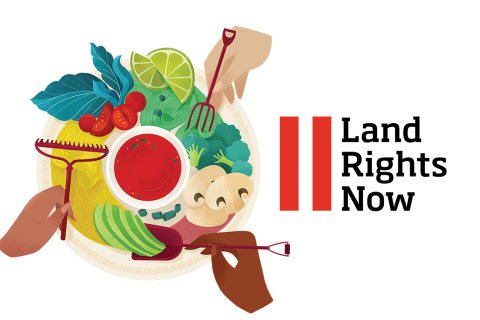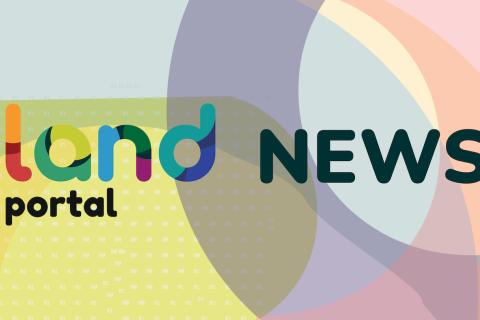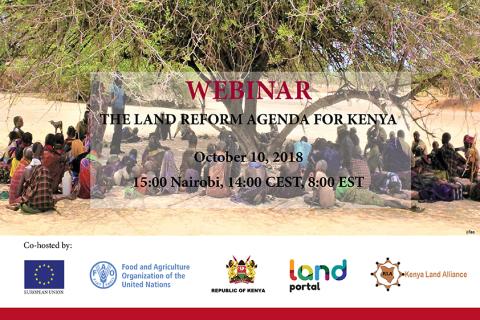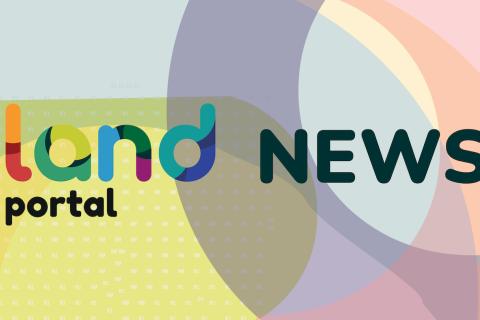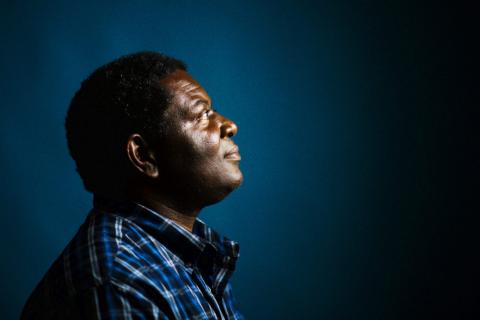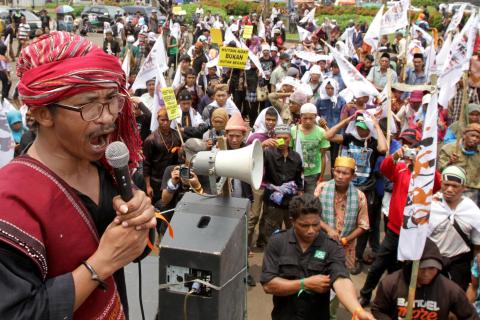Neil Sorensen joined the Land Portal as its Communications Specialist in October 2015. He has extensive experience leading communications for international organizations and developing relationships with civil society, donors, intergovernmental agencies, the media and the private sector. Previously, Neil worked for the International Fund for Agriculture Development (IFAD) as a Governing Bodies Officer and Strategic Adviser to the Secretary of IFAD. He has also led communications for three international organizations, including the International Land Coalition, the International Federation of Agricultural Producers (IFAP) and the International Federation of Organic Agriculture Movements (IFOAM). He holds a Master’s degree in Global Diplomacy from the University of London School of Oriental and African Studies (SOAS) as well as a Bachelor’s degree with a double major in German and Sociology from St. Cloud State University.
Details
Location
Contributions
Displaying 701 - 710 of 1145For our food and our future – Join the global mobilization for land rights now!
The world would be a pretty dull and hungry place if it weren’t for Indigenous Peoples and local communities.
Indigenous Peoples and local communities play a central role in feeding the world. They look after much of the world’s biodiversity, with at least 80% of planet’s biodiversity found in Indigenous territories and waters. And they have an incredible track record of protecting the climate by preventing deforestation and properly managing pasturelands.
Making Rangelands More Secure
The topic of how best to make rangelands secure for local rangeland users is one of ongoing debates. The very nature of rangeland use – the need for landscape level planning incorporating spatially and temporally variable resources, and for recognising the multiple layers of use by multiple actors presents complexity that is not easily accounted for by the often inflexible and simpler land tenure systems that governments prefer to introduce.
Landesa Launches the RIPL Resource Platform, a Roadmap for Agri-Business Investments
Global land rights group releases roadmap for agri-business investments
New digital platform provides step-by-step instructions for implementing international standards that recognize and protect land rights.
Webinar: The Land Reform Agenda for Kenya
Land use and reforms are at the heart of Kenya’s political and economic future stability. Land is an enabler to support manufacturing, access to affordable and decent housing, universal health care, food security and nutrition. Land is a critical driver in urban development through regulating access to land and use to achieve security of tenure for all.
Advanced Webinar: Change Detection for Land Cover Mapping
Land cover changes can impact many areas of life. These changes can affect deforestation, ecological communities, wildfire extent, and urban growth. This advanced series will focus on using satellite imagery to map changes in land cover. Attendees will learn change detection methods, including image subtraction and classification. They will also conduct their own change detection analysis.
Land and Poverty Conference 2019: Catalyzing Innovation
Welcome to the 20th Annual World Bank Conference on Land and Poverty! This year’s conference theme will be: Catalyzing Innovation.
Thomson Reuters Foundation’s TrustLaw: Free Legal Services for NGOs
TrustLaw is the Thomson Reuters Foundation’s global pro bono legal programme. We connect high-impact NGOs and social enterprises working to create social and environmental change with the best law firms and corporate legal teams to provide them with free legal assistance. We produce groundbreaking legal research and offer innovative training courses worldwide.
A lawyer's nightmare: What I faced when I defended Indigenous Peoples and local communities in Liberia from false charges
A CLASSIC RESPONSE from governments and businesses in recent time is not just to characterize legitimate grievances by Indigenous Peoples and local communities as anti- government, anti-development, and anti-investment. They are waging wars against Indigenous Peoples and individuals who are protecting the planet and its people by criminalizing their legitimate grievances and then threatening, arresting, intimidating, and imprisoning those who dare challenge this mode of development.
What is happening now across the world is nothing less than a systematic attack on peasant communities and Indigenous Peoples
FRONT LINE DEFENDERS has documented 821 human rights defenders (HRDs) who have been killed in the four years since we started producing an annual global list in cooperation with national and international NGOs. Seventy-nine percent of this total came from six countries: Brazil, Colombia, Guatemala, Honduras, Mexico, and the Philippines. The vast majority of these cases have never been properly investigated, and few of the perpetrators of the killings have been brought to justice.

